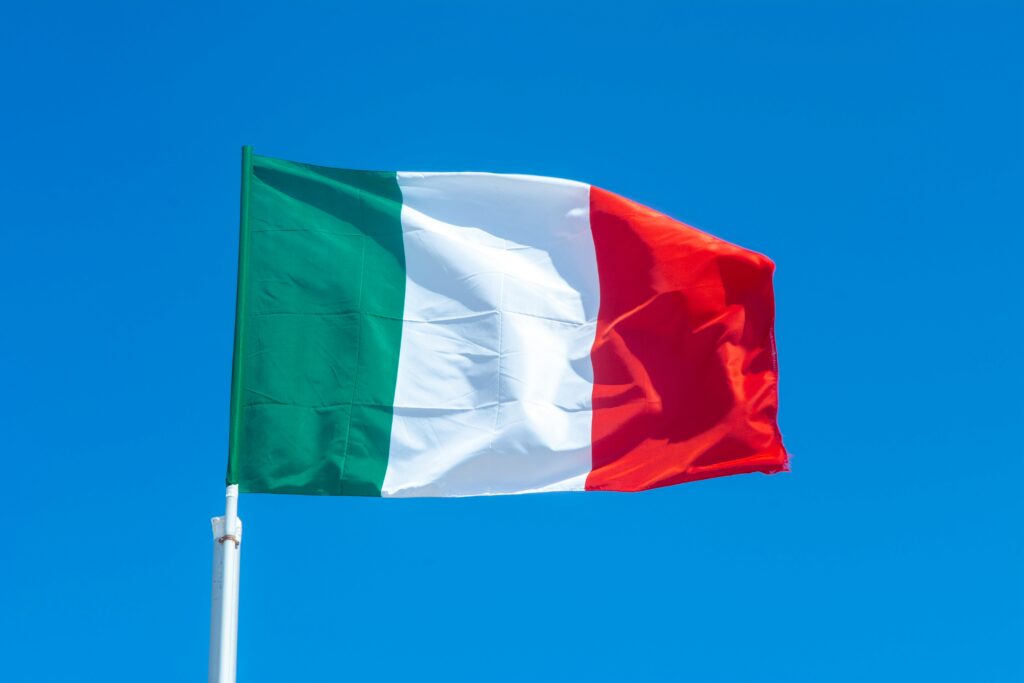Italian Prime Minister Giorgia Meloni investigation has begun following her role in the release of a Libyan official accused of torture. The case, which also targets key ministers, has intensified the conflict between Meloni’s government and Italy’s judiciary. Critics argue the decision was politically motivated, prioritizing diplomacy over justice.
Prime Minister Accused Amid Rising Tensions
Italian Prime Minister Giorgia Meloni is now facing an investigation over her alleged involvement in the release of a Libyan official accused of torture. The case also targets Justice Minister Carlo Nordio, Interior Minister Matteo Piantedosi, and Undersecretary Alfredo Mantovano. The Rome prosecutor’s office launched the inquiry, further escalating tensions between the government and the judiciary.
Meloni broke the news herself through a social media video, speaking with both defiance and amusement. “Rome’s Chief Prosecutor, Francesco Lo Voi—the same man who failed to convict Matteo Salvini—has informed me that I am under investigation for aiding and abetting and embezzlement,” she stated. She suggested that certain forces oppose her reforms but vowed to press forward. “I am not blackmailable, and I refuse to be intimidated. I will continue with my head held high,” she declared.
Libyan Official’s Release Triggers Backlash
The controversy centers on Najeem Osama Almasri, a high-ranking Libyan police officer. Italian authorities arrested him in Turin on January 19 under an International Criminal Court (ICC) warrant. However, just three days later, he was flown back to Libya on an Italian Air Force Falcon jet at the government’s expense.
Almasri is accused of running a migrant torture camp. Despite these allegations, Justice Minister Nordio did not sign the necessary authorization for his detention. Without that approval, the judge had no choice but to order his release. Opposition parties have condemned this as a “luxury deportation” and suspect it was part of a secret arrangement with Libya.
Giorgia Meloni’s government relies on Libya to block migrant departures. Human rights organizations have long criticized Libya’s treatment of migrants, but Italy continues to cooperate. Critics claim Meloni’s government ignored the ICC warrant to preserve diplomatic ties with Tripoli. The opposition argues that this decision prioritized political convenience over justice.
Government and Judiciary in a Power Struggle
The case has deepened an ongoing conflict between Meloni’s administration and the judiciary. Her proposed judicial reforms aim to limit prosecutorial independence, a move that many judges and legal experts view as unconstitutional. Some believe the investigation is a direct response from prosecutors resisting these changes.
Italy’s judiciary enjoys significant autonomy. Prosecutors do not report to Parliament or the executive, which allows them to act without political interference. While this has helped Italy tackle corruption and organized crime, critics argue that some prosecutors use legal cases to settle political disputes.
According to the newspaper La Stampa, seven of Italy’s last twelve prime ministers have faced criminal investigations. Only Silvio Berlusconi was ever convicted. Statistically, Meloni may not need to worry, but the case highlights an enduring struggle between Italy’s legal and political systems.
The investigation raises key questions about power and accountability in Italy. Did Meloni’s government act improperly, or is this inquiry part of a broader effort to undermine her leadership? The debate continues.
